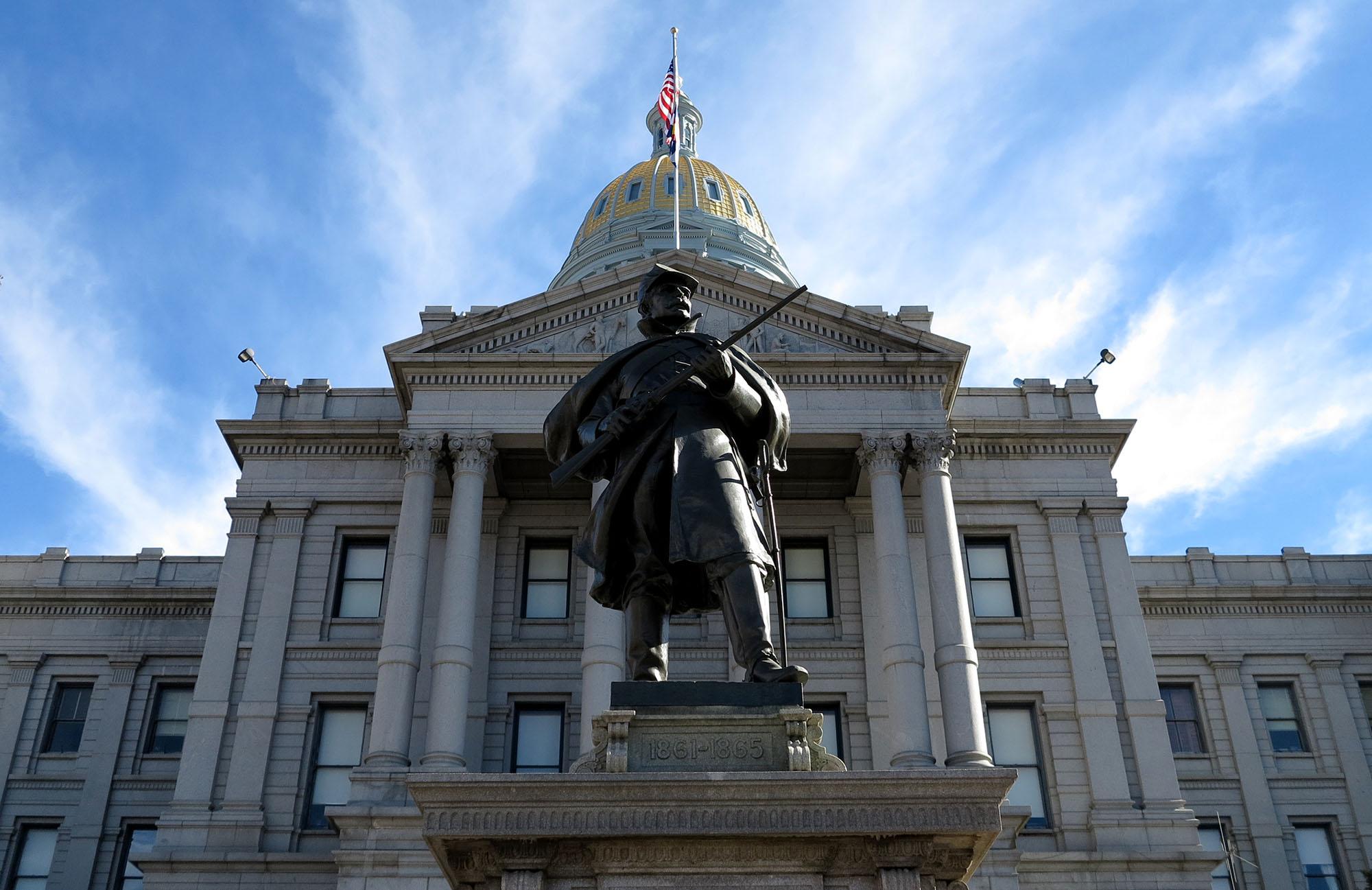
Colorado lawmakers are scrambling after learning the state potentially owes oil and gas companies about $100 million. The state Supreme Court ruled two weeks ago that Colorado has been incorrectly applying a tax credit that allows the companies to write off the cost of transportation, manufacturing, and processing.
Lawmakers have only a few days to cover the shortfall before they must adjourn on Wednesday.
"We’re just, uh, just reeling from that," said Republican state Rep. Bob Rankin, who sits on the budget committee. "This is the most significant financial issue of the session, and it’s in the last three days, and we did not see it coming."
Colorado's Supreme Court Justices ruled unanimously that the Department of Revenue improperly limited a credit that oil and gas companies can claim for the cost of manufacturing, transporting, and processing their products. The result was that for the past three years some companies have been paying more tax money to the state than they had to.
State lawmakers only learned about the situation last Wednesday -- a week after the ruling came down.
Sen. Pat Steadman, a Democrat on the budget committee, says lawmakers don’t even know the magnitude of what they’re facing.
"We still don’t have very solid numbers on the real impact of this decision. We have a sense that it’s somewhere in the 10s of millions to hundreds of millions. But an exact number is hard," he said.
Lawmakers are playing it safe and assuming the state could be on the hook for around $115 million.
Whatever the number ends up being, Steadman is pushing through a stopgap bill to cover any tax refunds companies seek this year. He proposes to find the money in two places: First, his bill sets aside taxes the state collects from oil and gas companies that would normally go to other purposes like infrastructure grants to local governments. But that might not be enough, so Steadman’s bill also authorizes the state controller to dig into Colorado’s rainy day fund. If he ends up doing that, that’s money that will have to be paid back down the line.
The hit to the Colorado budget is modest in numerical terms, a tiny fraction of the $11 billion in discretionary spending the state has budgeted next year. But every bit of the state’s anticipated revenue is already spoken for, so it’s a huge amount to try to shake out of the couch cushions. For instance, the worst case scenario anticipates this eating up almost 20 percent of the state’s reserve fund.
While lawmakers think they’ve got the problem fixed for now, this could be an ongoing issue for the state. The way the court interpreted this tax credit means oil and gas companies will pay less tax money to the state in future years. That’s tough because Colorado uses that money for a lot of things -- like grants to local governments to offset the impacts of oil and gas development.
Steadman thinks lawmakers need to consider legislation to narrow the tax credit to only cover what the Department of Revenue incorrectly thought it did, so that the state isn’t collecting even less severance tax in the future.
"In my mind, if we want to continue to fund all of the local government and natural resource programs that are funded through severance tax money, if we want to still pay for them the same way we pay for them today, we’re going to need to wrestle with these tax policy changes," he said.
Democrats in the state House have introduced a bill to do that, but lawmakers are required to adjourn the session by midnight Wednesday, so that bigger picture question may well have to wait until they come back next year.









